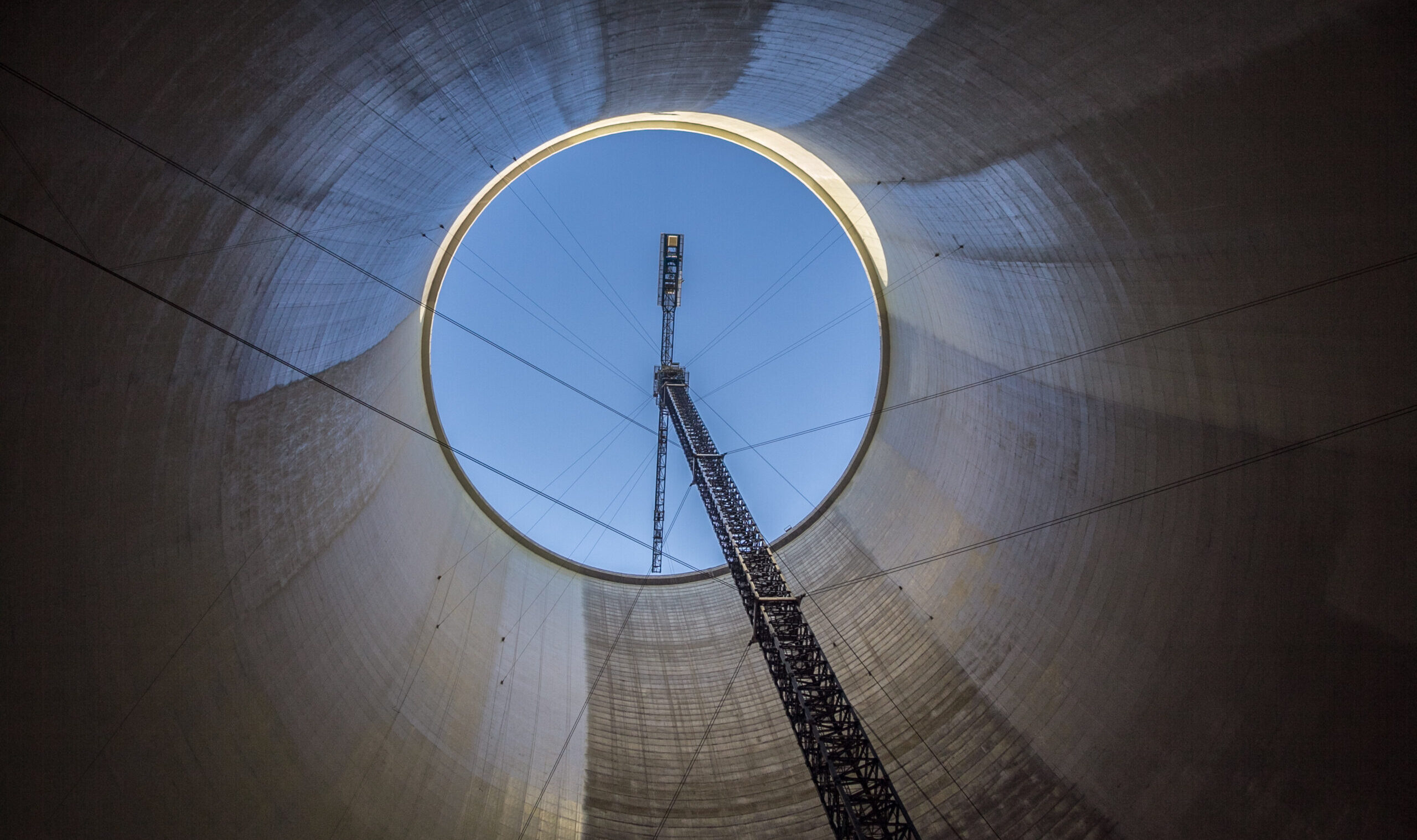The Road Not Taken, EV Edition
There are a wide variety of worthy environmental interventions that have been left behind in the electric car mania.

Anyone contemplating the American response to the alleged global warning crisis must be bemused by its allocation of priorities. It is conceded that the increased American use of natural gas in place of coal and petroleum and modest increases in production of wind and solar energy have met the U.S.’s Paris Treaty goals. The principal contributor to these “advances” has been the lower cost of natural gas as a result of fracking technology. It is conceded that minimal contributions to global warming originate in the U.S., where generation of carbon pollutants is declining. Increased carbon emissions primarily originate in China, India, and the Far East; the Chinese especially are massively increasing coal production.
This makes the recent extraordinary American investments in electric car production and a network of charging stations difficult to understand. In at least a third of states, the marginal fuel for electrical generation is coal. Each night, as residents of the Susquehanna Valley are reminded, several hundred gondola cars of West Virginian, Kentuckian, and Pennsylvanian coal pass across the Susquehanna at Perryville en route to the Crane power plant near Baltimore and several plants near the District of Columbia. Congressmen are kept warm and the lights in their offices kept burning by enhanced consumption of the fuel promoted by their electric vehicle policies, which also nurture their campaign accounts. Gas-guzzling cars are effectively replaced by coal-burning electric vehicles.
In belated recognition of this, the British government has recently pushed back the date of its moratorium on production of gasoline-powered vehicles. Yet California’s Governor Gavin Newsom and his followers plunge forward, increasing America’s coal consumption during the years of transition to an electric-car nirvana. This utopian vision, even if successful, will produce a transportation fleet wholly vulnerable to interruptions in the electrical grid, from human error, storms, or cyberwarfare.
This is so even though it has been estimated that 40 percent of American global warming reduction goals can be achieved through domestic reforestation. Investment in domestic reforestation remains minimal, even though vast areas of forest have fallen victim to deep coal mining in Appalachia, overgrazing and strip mining in the Western states, and now-abandoned industrial sites and shopping centers along the Northeast Corridor. There is no lobby for the plowing up of disused roads and parking lots, let alone tree planting, which is frequently spontaneous and has great potential.
The extraordinary emphasis on electric cars and charging stations is even stranger in light of the artificial inhibitions placed in the way of other sources of “clean energy.” Offshore wind farms visible from coastal residences have been delayed, as have new power lines to facilitate importation of hydroelectric power from Quebec and Labrador. New gas pipelines and fracking have been obstructed, as has the construction of disposal sites for both high-level and low-level nuclear waste. Although the deepest penetration of the earth’s surface is about five miles, there has been little interest in geothermal development except where there are visible geysers; President Franklin D. Roosevelt remains a century ahead of his time in speculating on the possible exploitation of the tides of Passamaquoddy Bay. Proposals to smooth energy demand through pump-storage plants and time of day pricing on bridges and roads have awakened little interest. The same is true of “new urbanism” policies for reduction of minimum lot sizes and legalization of accessory apartments to produce more compact patterns of land development and less use of personal transportation.
There is a direct correlation between lobbying expenditures and “energy” investments. Billionaires like Elon Musk lobby for charging stations, but do not propose to get much dirt under their fingernails by reclaiming neighborhood vacant lots or planting new trees in their neighborhoods. Only a socialist eccentric like Bernie Sanders urges a revival of the Roosevelt Administration’s successful Civilian Conservation Corps. The National Environmental Policy Act, beloved of the defenders of exotic insects, remains in full force to obstruct both good and bad projects; none of the Western European countries allow a single judge to impose seemingly interminable delays on public projects. Virtue-signaling for the fortunate is accomplished by lovingly fondling their electronic key fobs, but how the environment benefits is not clear, although formidable contributions are made to the world’s supply of hot air.
The post The Road Not Taken, EV Edition appeared first on The American Conservative.





















































